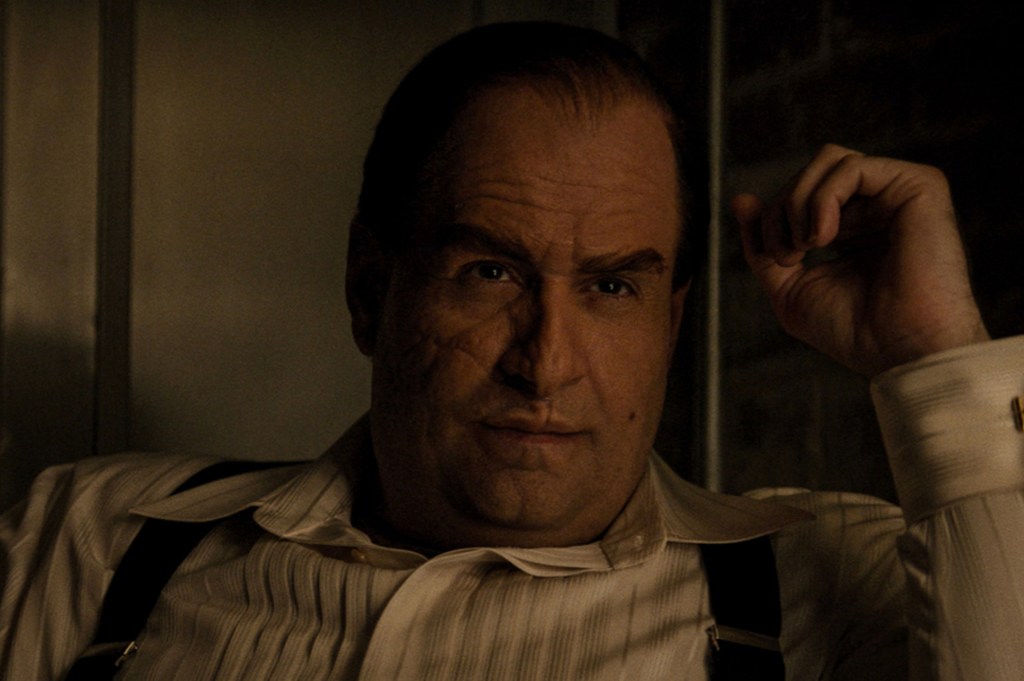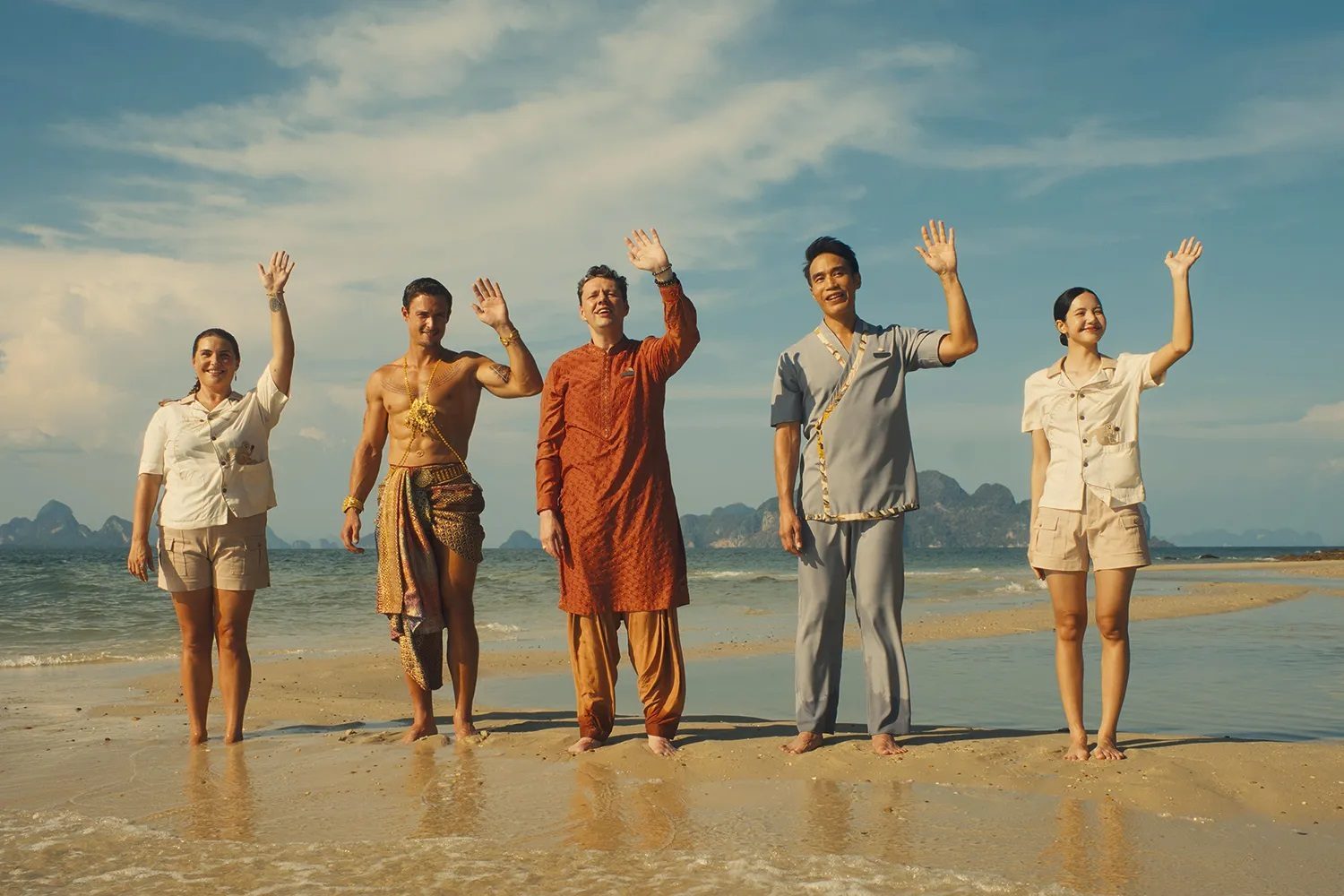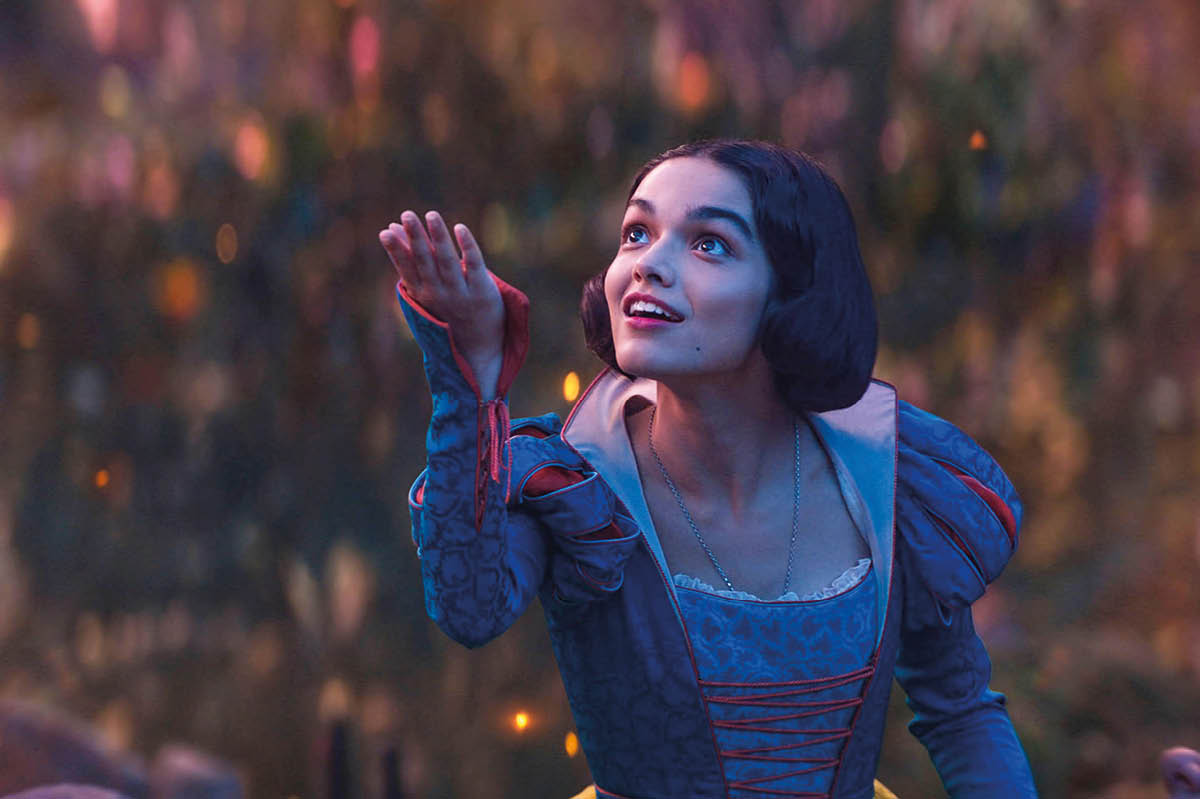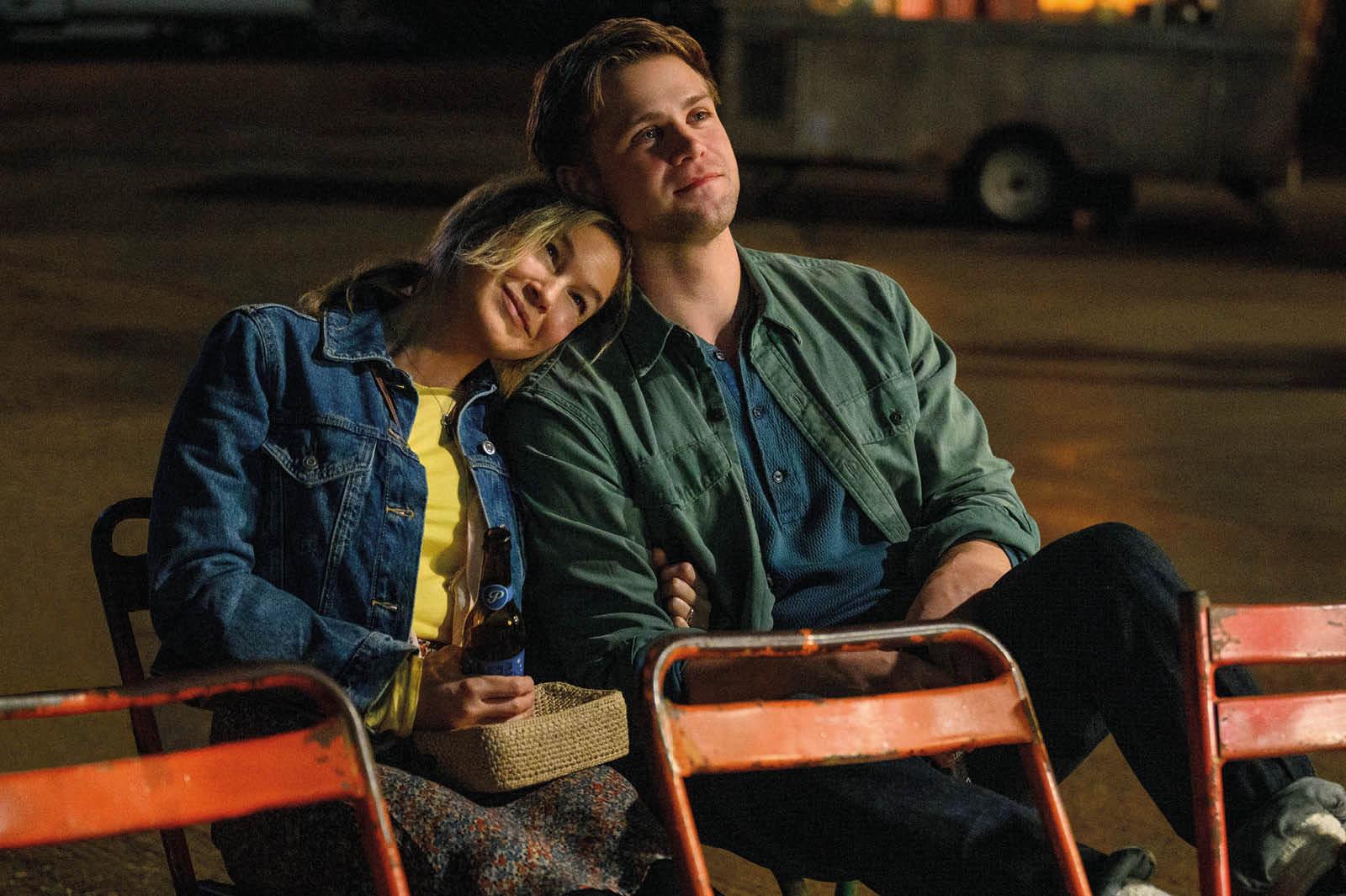Two of the highest-profile show launches of the past month are also two of the least original. If your taste runs to hard-bitten, Sopranos-accented crime, then you might enjoy the new HBO series The Penguin, with Colin Farrell reprising his role from 2022’s The Batman as Oswald Cobb, the so-called “Penguin,” a Mafioso who is attempting to gain control of Gotham City’s crime underworld following the death of Carmine Falcone. And if you’re more interested in female-driven whimsy, then Marvel’s Agatha All Along, the latest genre-hopping comedy-drama-fantasy-horror on Disney+, will allow Kathryn Hahn ample opportunity to chew the scenery as the witch Agatha Harkness, who forms a new coven after the misadventures of WandaVision. Will she reprise her signature song, “Agatha All Along?” Only a fool would bet against such an occurrence.
Both The Penguin and Agatha All Along have been received reasonably well by critics and audiences so far, which suggests that there will be further installments. This will not to be welcomed by Farrell, who has been open about the discomfort and difficulty that he has faced in donning the considerable prosthetics that the role requires; he may be one of the few actors to be hoping that a lucrative role in a big-budget franchise does not go on forever. Yet on its own terms, The Penguin is a gripping, well-constructed crime drama that has found the middle ground between The Batman and The Sopranos, and is blessedly aimed at adults rather than excitable teenagers.
There is a wider problem with both these shows, however, and that is the chronic lack of imagination that their very existence demonstrates. The Penguin is merely a spin-off that perhaps never needed to be made; Agatha All Along is that extraordinary thing, a spin-off of a spin-off, and there is every chance that someone in Marvel is currently looking at the various characters and wondering if any of the newest ones would support their own series. It is now hard to remember which film WandaVision was a spin-off from. The realization that it was the second Avengers film, Age of Ultron, produces the grim, tiresome revelation that there will be yet another spin-off from this particular franchise, simply called Vision, and it will feature Paul Bettany reprising his role as Vision and James Spader once again voicing the psychotic artificial intelligence creation.
If you want a brief indication of how far these shows have veered away from anything that the average Spectator reader would regard as compelling viewing, I reproduce this description of Vision’s character arc from Variety without further comment. “Although Vision technically died in 2018’s Avengers: Infinity War, he was resurrected twice in the 2021’s series WandaVision, first as a spectral creation made (and then unmade) by magic, and again as a ghost white robot without any memories from his past.”
If you can become invested in this, then you are a better and more faithful consumer than I. Yet as the dispiriting success of Deadpool & Wolverine earlier this summer showed, audiences are not interested in new ideas or original characters. Instead, they want the comforting familiarity of the old, being brought back in ever-more contrived fashions by writers who, I imagine, are engaged in Diet Coke-fueled binges before coming up with increasingly bizarre and esoteric ideas. I am old enough to remember, for instance, that the now forgotten Steve Carell/Anne Hathaway action-comedy Get Smart had two supporting characters, Bruce and Lloyd, who the studio were so convinced would resonate with audiences that they were given their own spin-off film, Get Smart’s Bruce and Lloyd: Out of Control. The only thing out of control there were the wild expectations that anyone would care. They did not.
Spin-offs are not automatically dreadful; take, for instance, The Lord of the Rings, which originated from The Hobbit, and soon came to overshadow the original. But it’s hard not to feel that the lack of imagination or interest in contemporary film and television is only getting worse, and that mobsters, witches and the rest are all distractions from the chronic lack of real ideas. And this remains a tragedy for interesting filmmaking, which shows no signs of improving.






















Leave a Reply